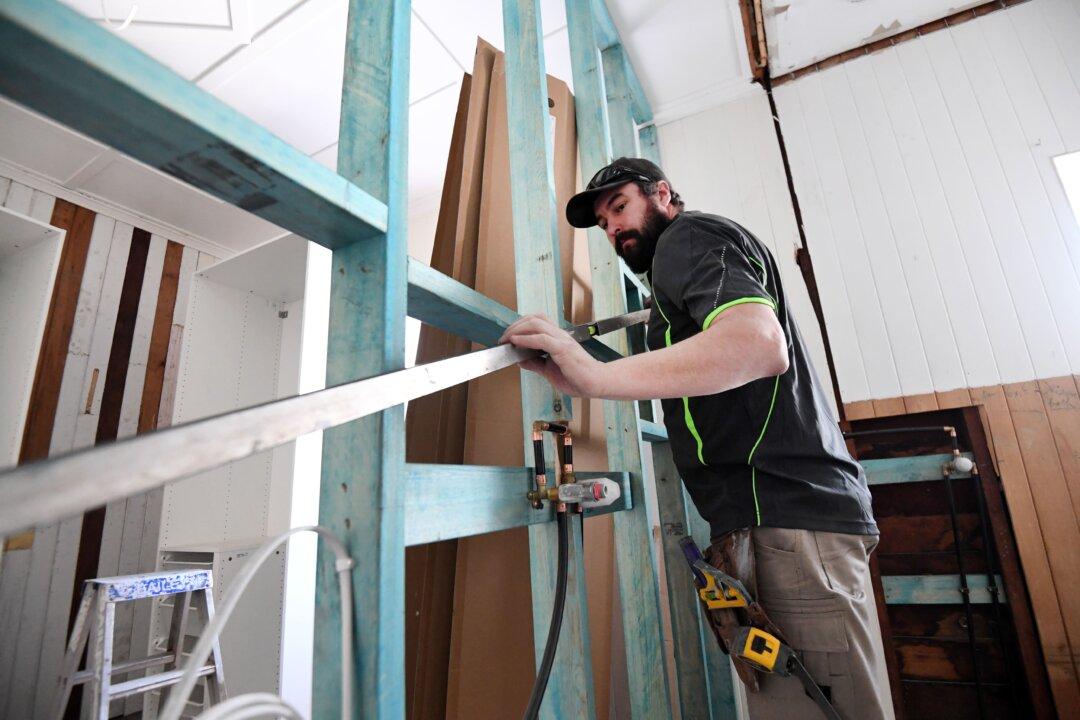Businesses have been warned “time’s up” under a labour-hire sector overhaul by the federal government aimed at protecting the pay and conditions of workers.
The changes to workplace law, introduced to parliament on Monday, have been labelled as “radical” and “unworkable” by industry groups.





